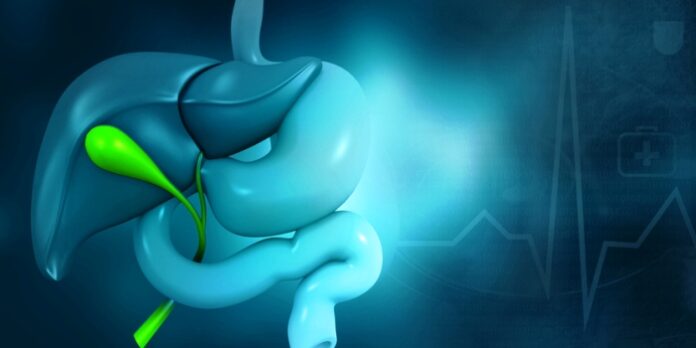By Dr Satya Srinivas A, Consultant – Medical Oncologist, HCG Cancer Centre, Vijaywada
One of the most rare but serious forms of cancer is Gallbladder cancer whose symptoms aren’t easily recognizable which makes early detection quite challenging. Located directly beneath the liver, the gallbladder plays an important role in storing bile produced by the liver. Irrespective of its small size, the gallbladder can be a site of cancerous growth, and recognizing the common symptoms of gallbladder cancer is quite curcial for on-time diagnosis and treatment.
Understanding the Importance of Early Detection
Early detection of gallbladder cancer greatly influences the treatment outcomes and the patient’s quality of life. However, due to its silent nature, gallbladder cancer is often diagnosed when it has reached an advanced stage, when treatment options become limited, and prognosis is poor. By being aware of the common symptoms and risk factors associated with this disease, individuals can take proactive steps towards seeking medical attention, leading to better chances of successful treatment.
Common Symptoms of Gallbladder Cancer
Abdominal Pain and Discomfort: One of the most common symptoms of gallbladder cancer is persistent pain in the upper right abdomen. This pain may radiate to the back and shoulder blades and can often be mistaken for indigestion or other gastrointestinal issues. If you experience chronic and unexplained abdominal discomfort, it’s crucial to consult a healthcare professional.
Jaundice: Jaundice is characterized by yellowing of the skin and eyes due to the accumulation of bilirubin in the body. Gallbladder cancer can obstruct the bile ducts, leading to bile buildup and jaundice.
Unintended Weight Loss: Sudden and unintentional weight loss can be a sign of various underlying health problems, including gallbladder cancer. If you notice significant weight loss without changes in diet or physical activity, it’s advisable to undergo a medical evaluation.
Loss of Appetite and Nausea: As gallbladder cancer progresses, it can lead to a decrease in appetite and persistent nausea. These symptoms can be easily mistaken for other gastrointestinal issues, emphasizing the importance of seeking medical advice if they persist.
Bloating and Feeling Full: Individuals with gallbladder cancer may experience bloating and a sensation of fullness even after eating small amounts of food. These symptoms can be related to the tumor’s impact on digestion and should not be ignored.
Fever and Fatigue: Advanced stages of gallbladder cancer might lead to fever and persistent fatigue. These symptoms are indicative of the body’s response to the cancer’s growth and should be evaluated
Preventive measures
While gallbladder cancer may not always be preventable, adopting a healthy lifestyle and making mindful choices can significantly reduce the risk of its development. By maintaining a healthy weight, eating a balanced diet, staying physically active, avoiding tobacco and excessive alcohol consumption, and seeking regular medical check-ups, you can take charge of your health and minimize the potential impact of this rare but serious disease.
To conclude, Gallbladder cancer is often detected at an advanced stage due to its subtle symptoms, which mimic other common gastrointestinal issues. Recognizing the common signs, such as persistent abdominal pain, jaundice, unintended weight loss, loss of appetite, bloating, and fatigue, is crucial for early detection and improved treatment outcomes. If you or someone you know experiences any of these symptoms, seeking prompt medical attention can make a significant difference in managing this challenging disease.























